Staring at a screen, I sit and wait for the letter X to pop up. My doctor instructed me to hit the spacebar every time I saw an X in a sequence of flashing letters. It seemed so simple — all I had to do was focus on the screen. But I couldn’t do it.
Even at the age of 10, I knew my loud personality drew the negative attention of my teachers. I was constantly talkative and energetic. Over the years, I noticed a pattern in their teaching methods: teachers were either patient enough to realize I was still a hardworking student, or they quickly decided I was a problem.
My third-grade teacher fell into the latter category. One day, she pulled me outside of the classroom and sat me down in front of a poster on the door that spelled out the mnemonic “THINK”: “Is it Thoughtful, Helpful, Inspiring, Necessary, Kind?” She told me I had an attention and talking problem and asked me to follow the words on the poster. She harshly told me that I needed to learn to control myself and that I was interrupting my and others’ learning. I felt ashamed and guilty; I always tried my best to behave and was terrified of upsetting my teachers. I didn’t understand what impulse control was, so I assumed there was something wrong with me that I couldn’t fix.
The results of extensive testing and surveys from my teachers concluded that I had attention deficit hyperactivity disorder, or ADHD. When I received my diagnosis, everything suddenly made sense. I wasn’t doing anything wrong; my brain had a chronic condition.
My doctor tried to explain to me what the diagnosis meant, but all my 10-year-old self could focus on was the word disorder. “Disorder” meant something was wrong with me.
Entering middle school, my doctor prescribed Adderall to help me in school. Adderall is an amphetamine that increases dopamine and norepinephrine in the brain, which ADHD patients naturally lack. Taking the medicine made it easier to stay motivated and focused, and I could finally sit through 90-minute classes.
However, Adderall’s benefits came at a cost. Along with headaches and loss of appetite, I noticed my personality fading away. My talkative and passionate nature were both products of my ADHD. The only explanation I could come up with was that, like my attention levels and hyperactivity, my personality was negatively impacting me and also needed fixing.
The pandemic forced me to spend more time without Adderall since I was no longer in school. I started exploring my interests without the need for Adderall to aid my school performance, and I discovered that ADHD wasn’t all negative. The word “disorder” had been obstructing my view.
ADHD causes both a general lack of focus and hyperfocus. When someone with ADHD has a passion and intense desire for something, they can zone in on it. That had always been the case with writing. I struggled to sit through a 15-minute lecture, but writing for hours was a breeze. Time would simply fade away. Reading had a similar impact on me — since I was ten, I would stay up past midnight reading any book, cruising through the pages and obsessing over whatever novel was in my hands.
I didn’t know it at the time, but I was experiencing hyperfixations — periods in which neurodivergent people experience intense emotion and productivity. One weekend, I decided that scrapbooking would be my new hobby. I spent $50 on materials from Michaels and covered my bedroom floor with pictures, stickers and markers just to drop the hobby a week later. I could spend days on the internet researching random ideas, only to never think of them again. Ghosts of my hyper fixations collect dust under my bed, but they have left me with an extensive library of niche knowledge that makes for great conversations.
In time, I realized that ADHD wasn’t some monster infiltrating my brain — it’s a part of who I am. ADHD doesn’t make me broken, just someone with a brain that functions differently. Learning to love what I’d assume was hurting me was a struggle, and that’s the issue with the connotation surrounding the word “disorder.” While ADHD has given me my fair share of struggles, it has also made me who I am: a curious-minded individual eager to write about her passions. Different isn’t always wrong — it’s just different.



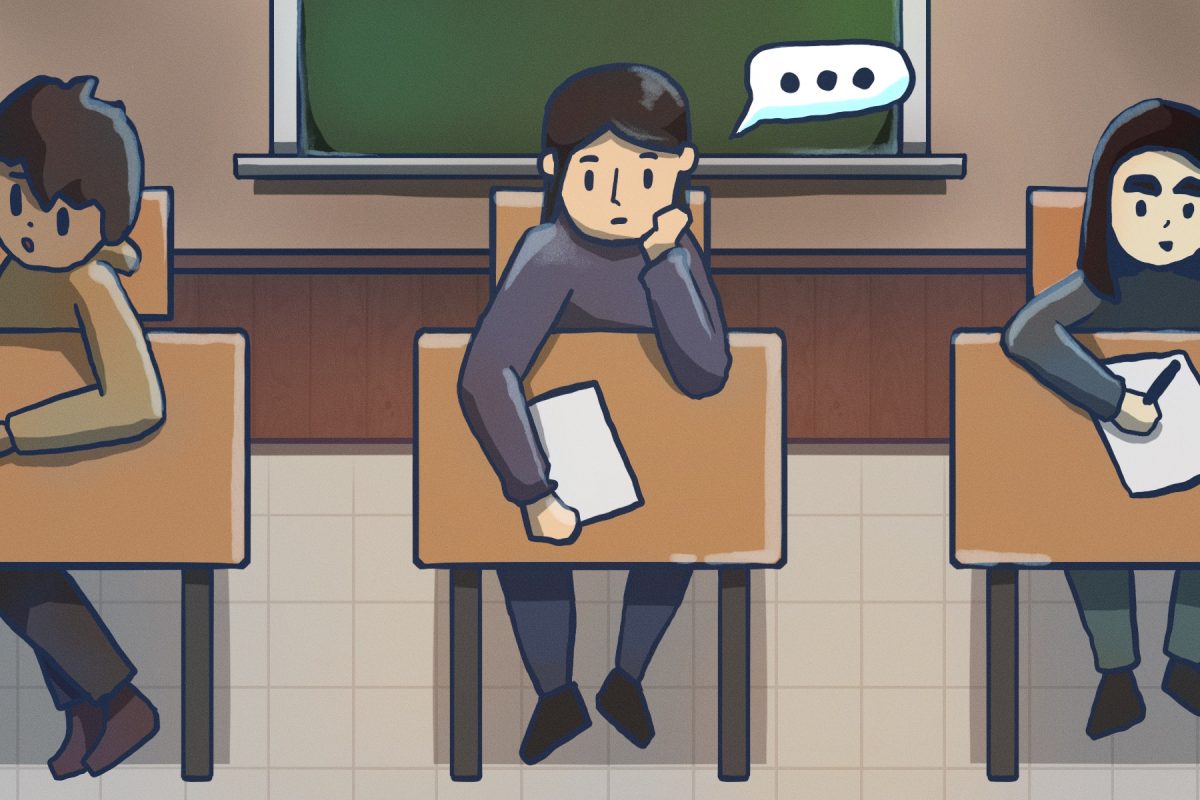


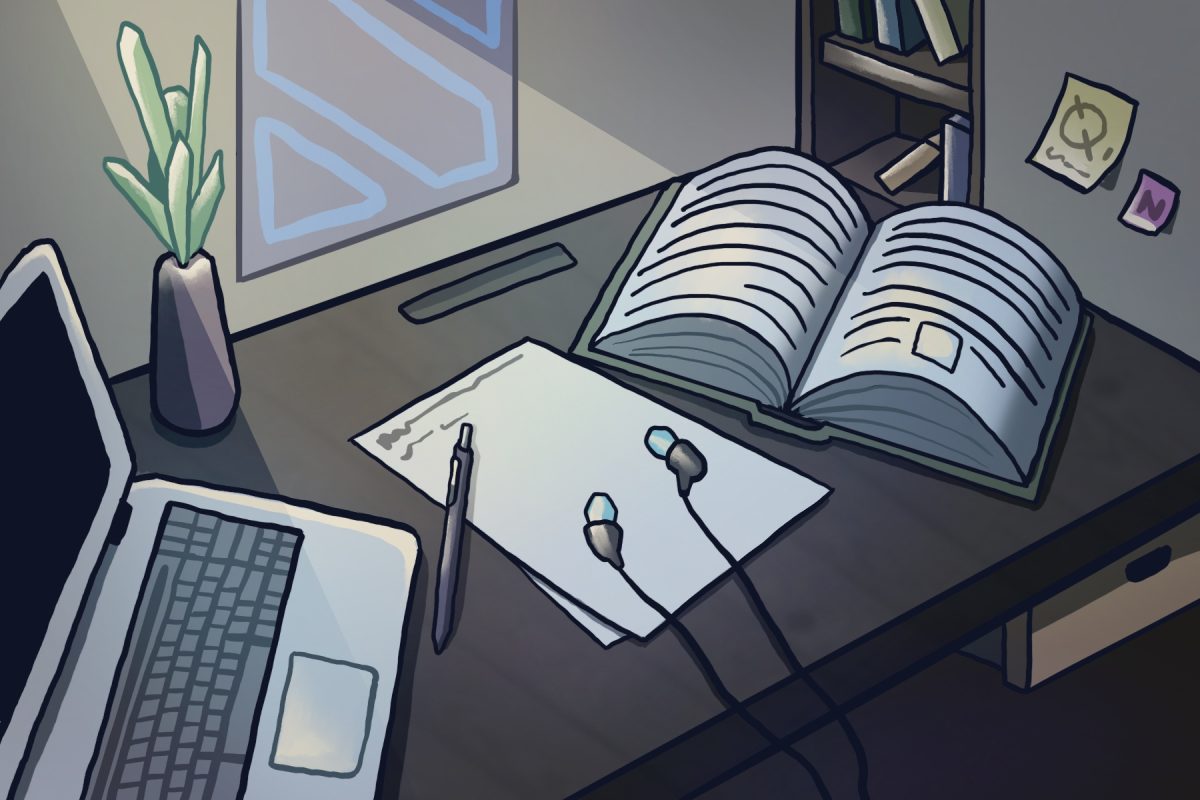
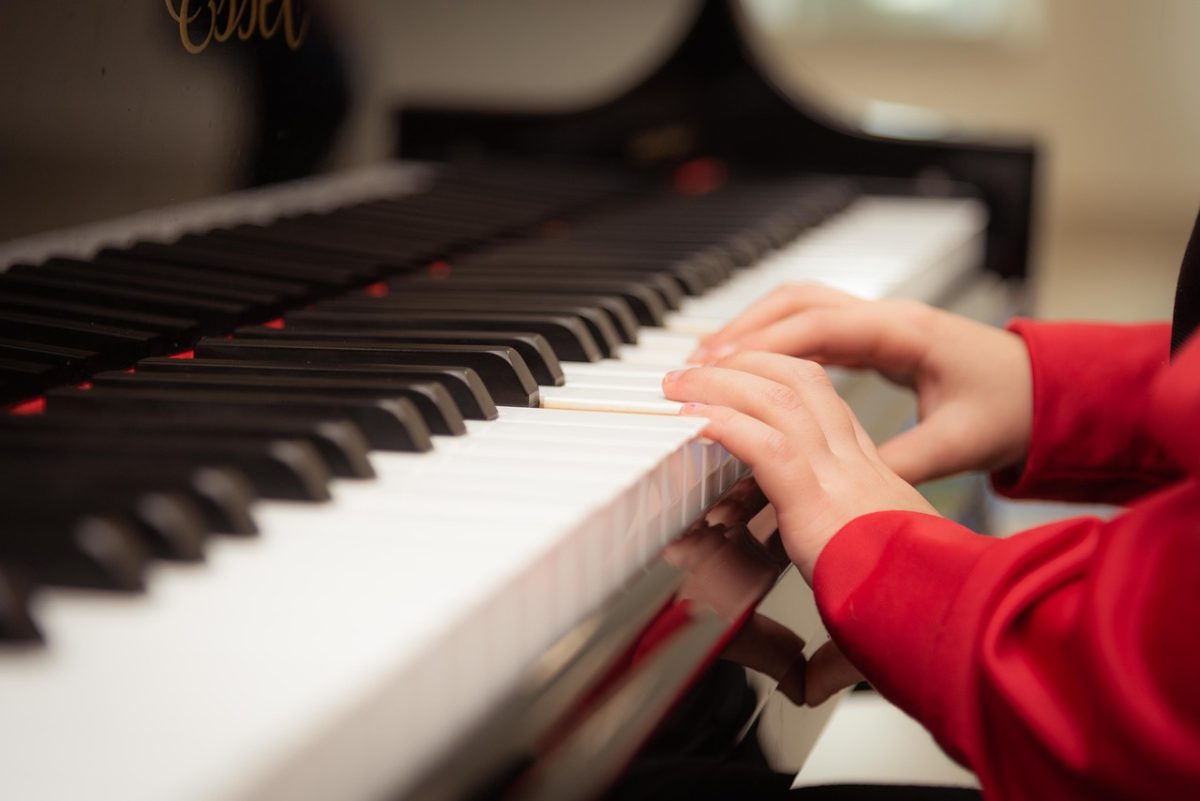
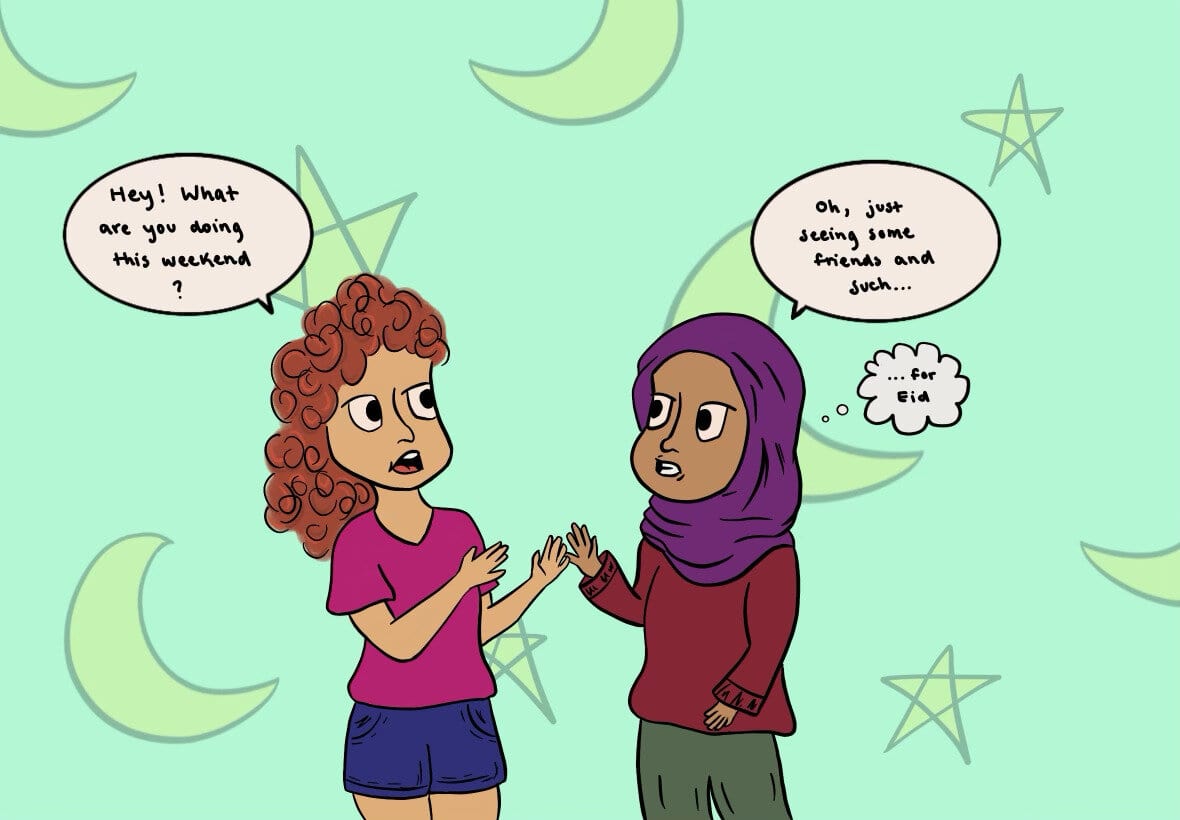





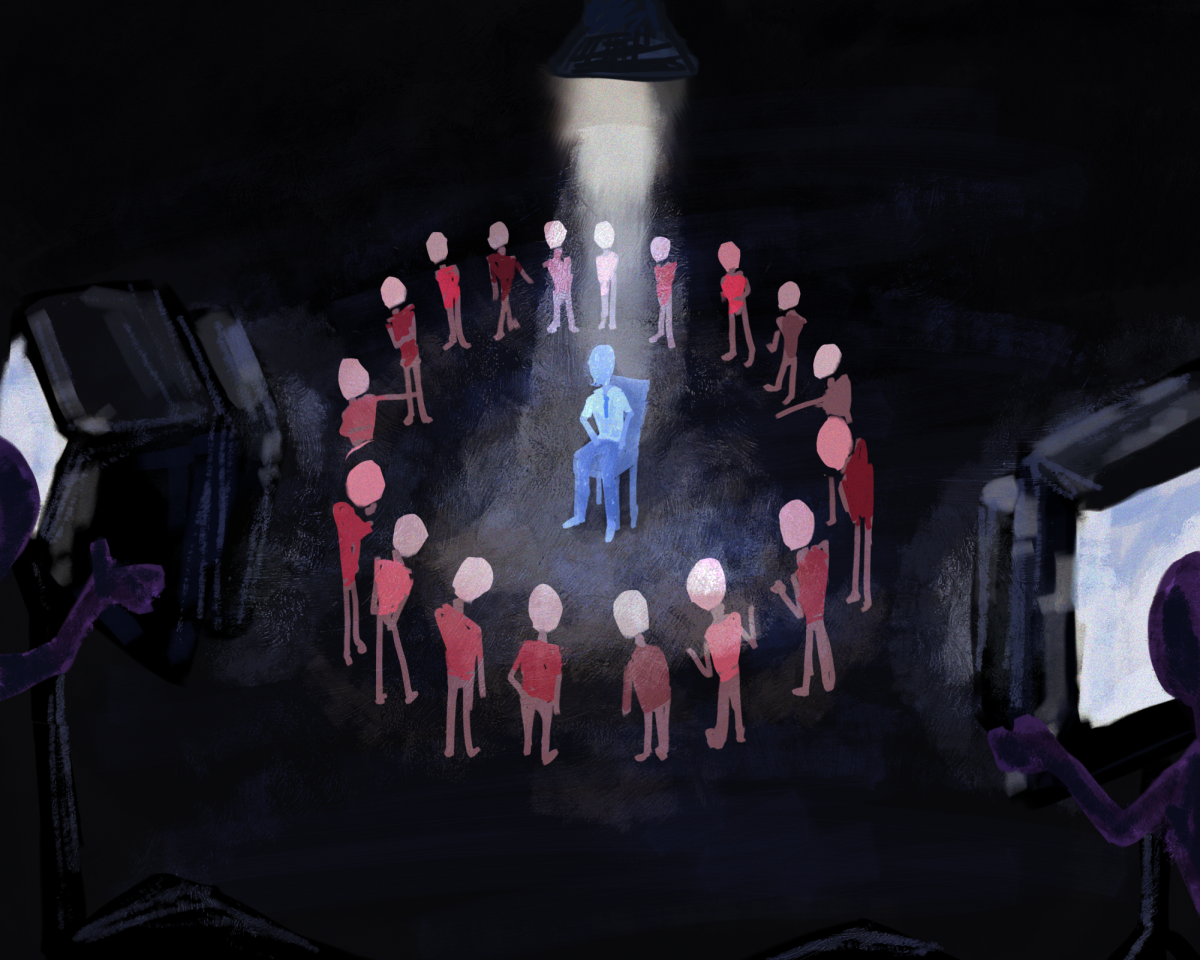
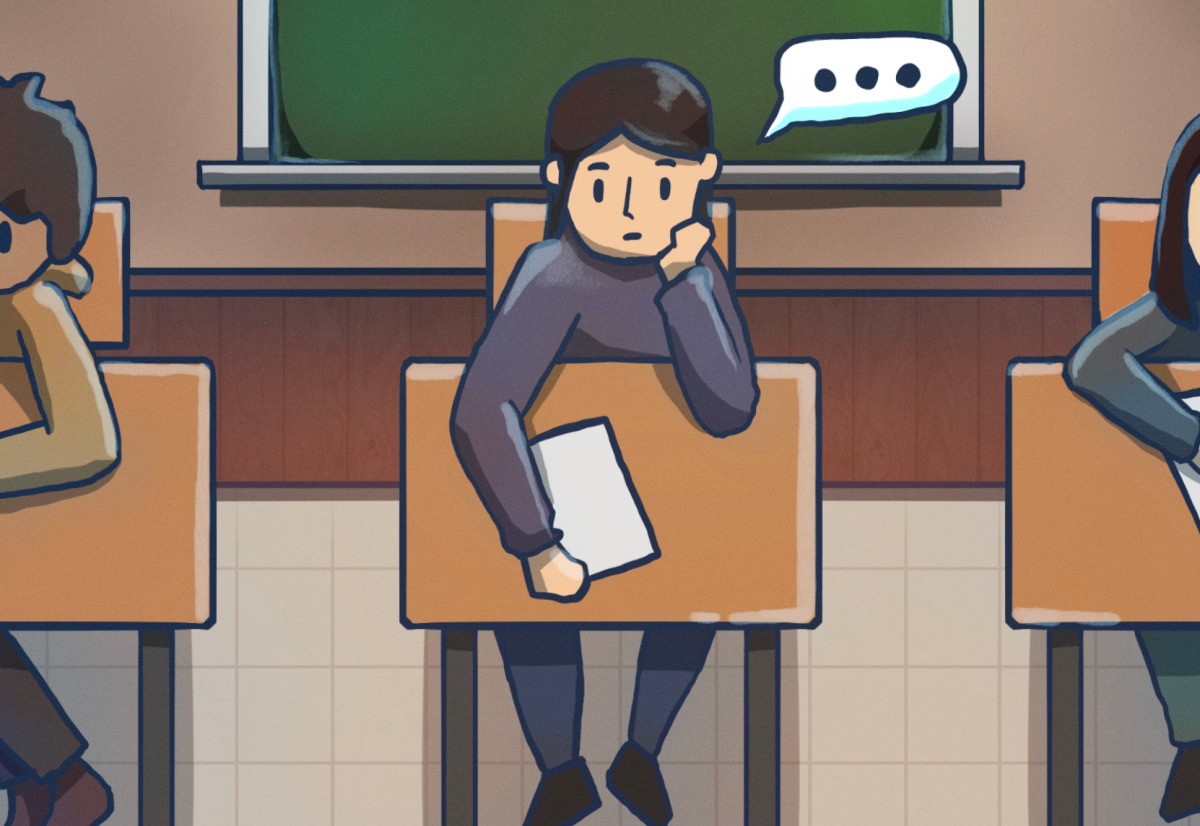


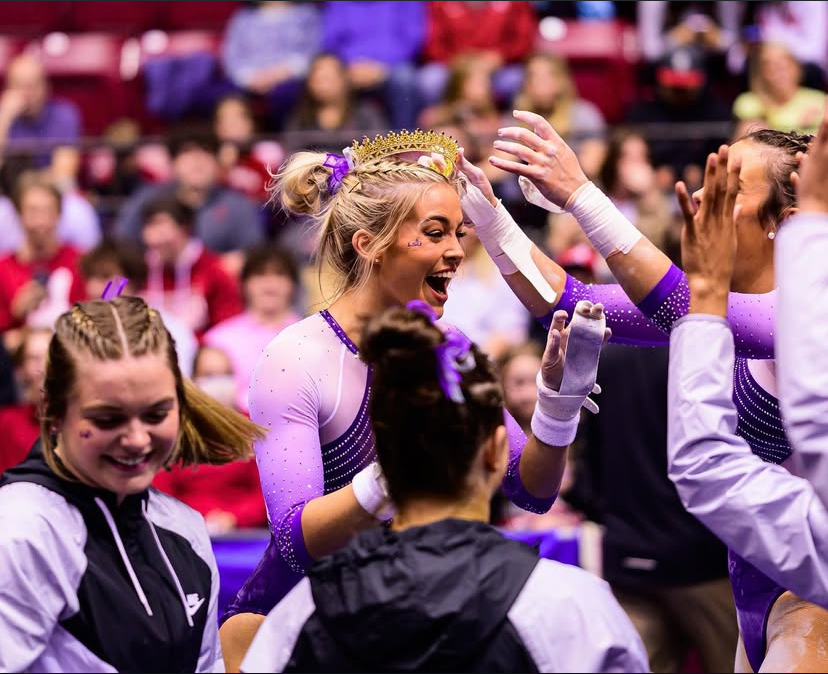
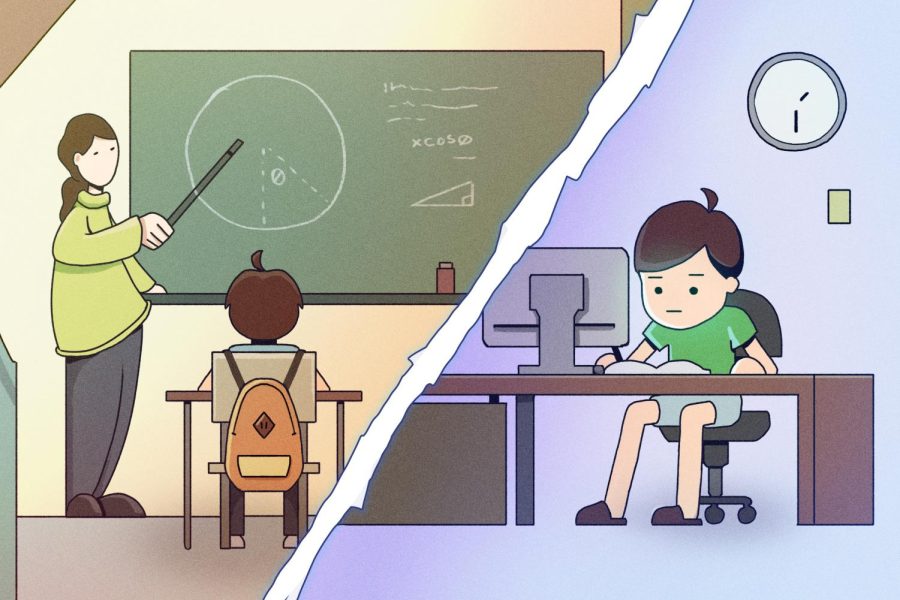
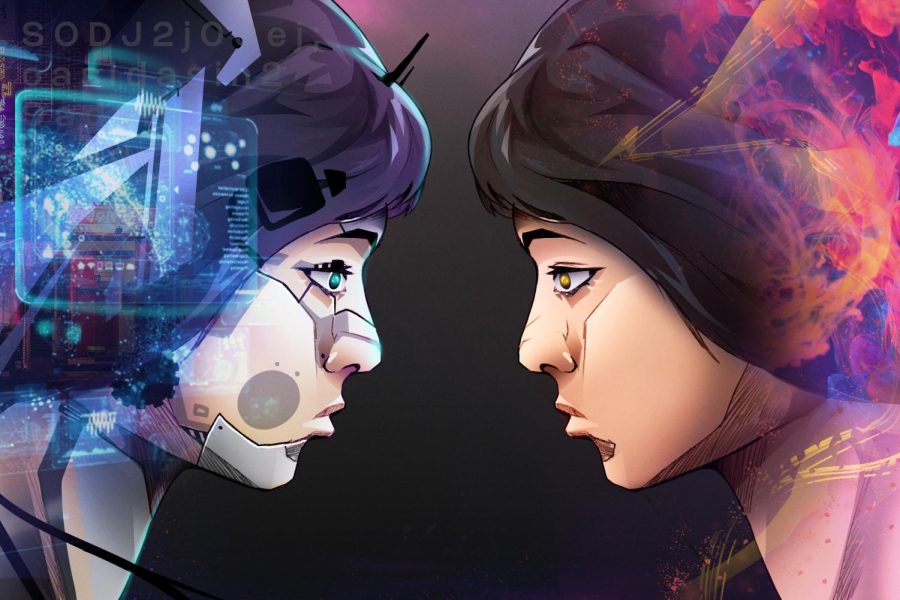
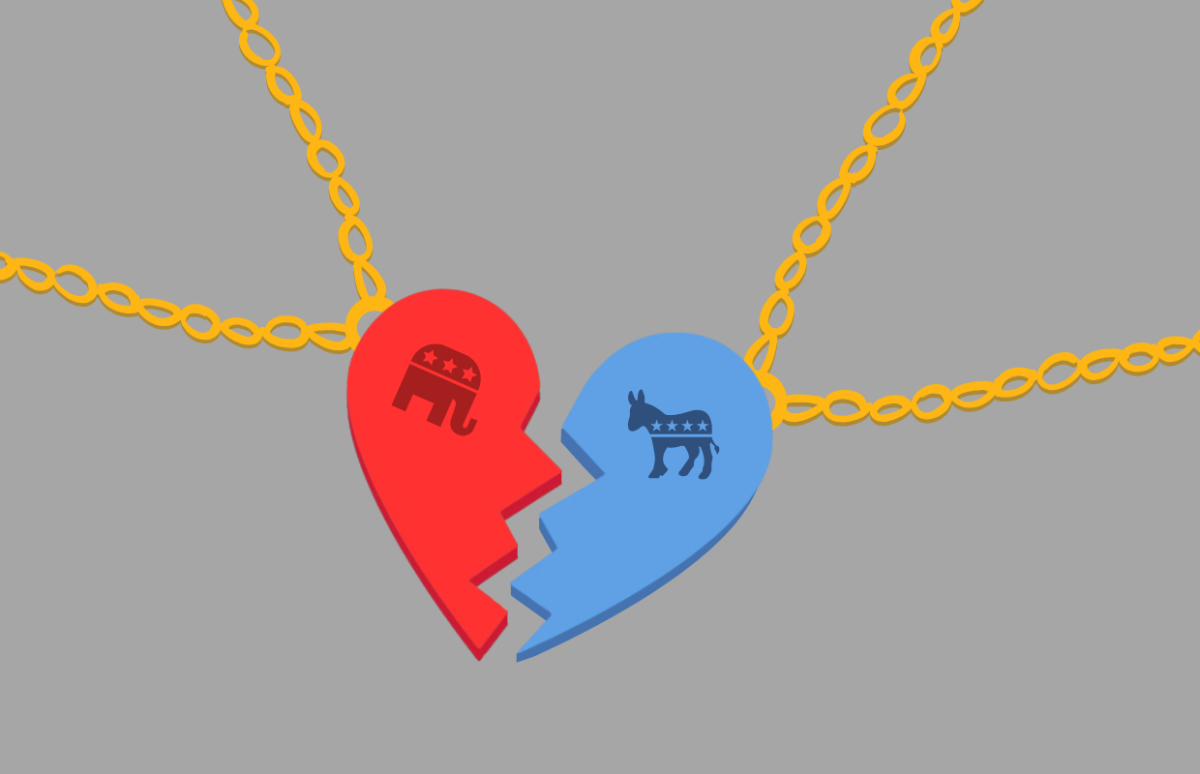
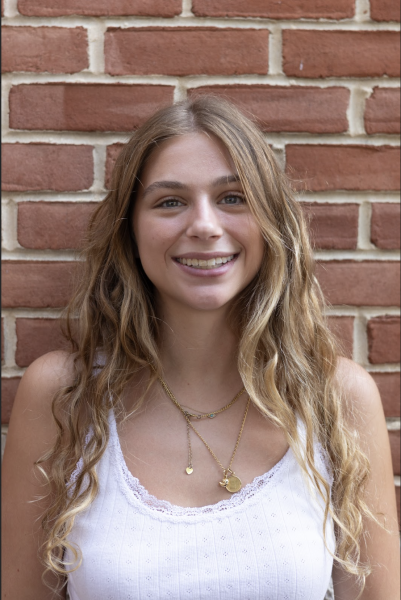
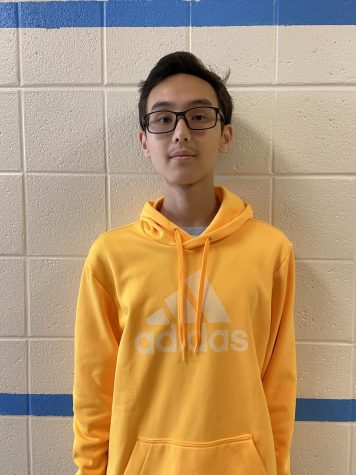
james yin • Feb 9, 2024 at 7:54 am
“…extensive library of niche knowledge…” is very real